Parenting has always been an evolving journey, shaped by cultural trends, technological advancements, and societal shifts. The 1970s were a particularly unique time for parents, as the world was transitioning from the post-war generation’s traditional values to a more experimental, free-spirited approach. While today’s parenting style is heavily influenced by gadgets, social media, and an increased focus on mental health, parents in the ’70s had a completely different set of challenges and priorities. From permissive parenting to less structured childhoods, the 1970s was a time of change that set the stage for modern family dynamics.
In this blog post, we’ll explore 13 reasons why parenting in the ’70s was totally different from how we approach it today. From the rise of latchkey kids to a more hands-off approach to discipline, the decade was a mix of newfound freedom and laid-back attitudes toward raising children. Whether it’s the way parents handled education, safety, or leisure activities, the contrast with today’s highly structured, tech-driven parenting will likely leave you both nostalgic and amazed at how far we’ve come. So let’s take a step back in time to see what made the 1970s a truly distinctive decade for parents.
Unsupervised Play
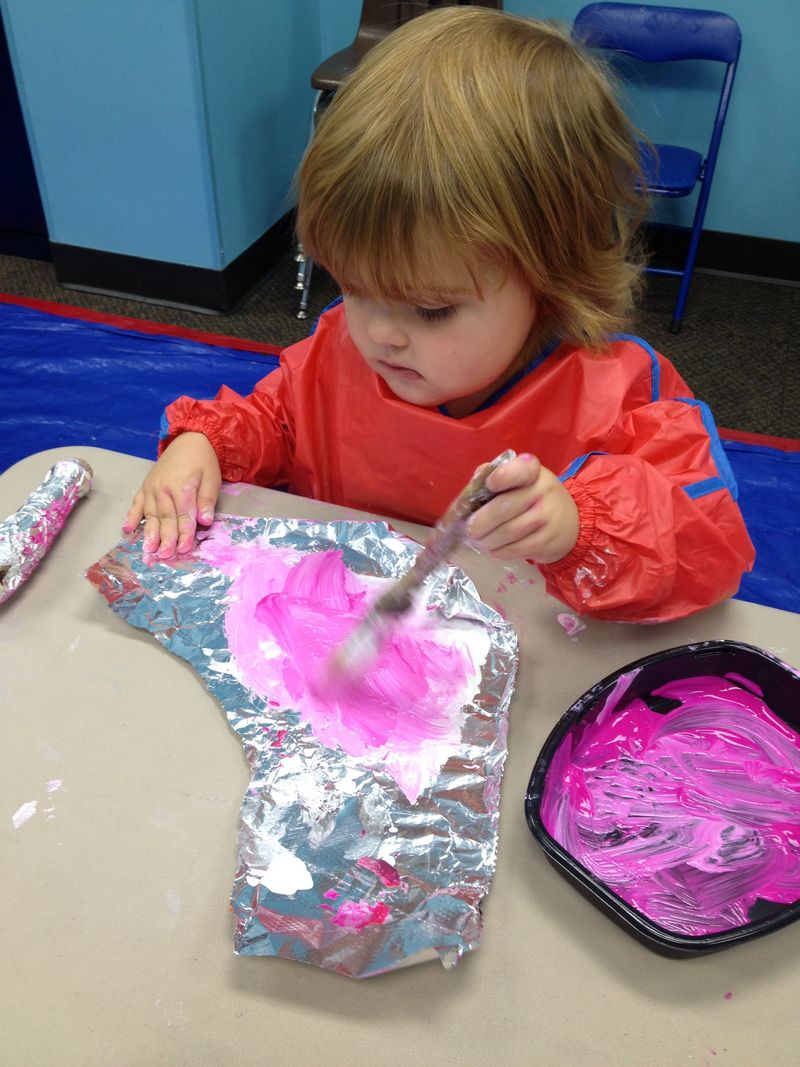
In the 1970s, unsupervised play was a commonplace occurrence for children. Parents encouraged kids to spend time outdoors, allowing them the freedom to explore and interact with their environment without constant oversight. This approach fostered independence and creativity, as children were left to their own devices to invent games and solve problems.
Parents trusted community members to watch out for one another’s children, creating a supportive environment. This freedom meant kids learned to navigate social dynamics on their own, building interpersonal skills. Today’s structured playdates contrast sharply with the open-ended adventures of the ’70s.
No Screen Time

During the 1970s, digital screens were not a part of daily life. Television was the primary source of entertainment, with limited channels and broadcast hours, meaning children spent more time engaging in physical and creative activities.
Board games, books, and outdoor play were staples of childhood entertainment, encouraging imagination and group interaction. This lack of technology in family life promoted face-to-face communication and bonding among family members. As a result, children developed strong social skills naturally, engaging directly with their peers and families rather than being mediated through screens.
Hands-On Discipline
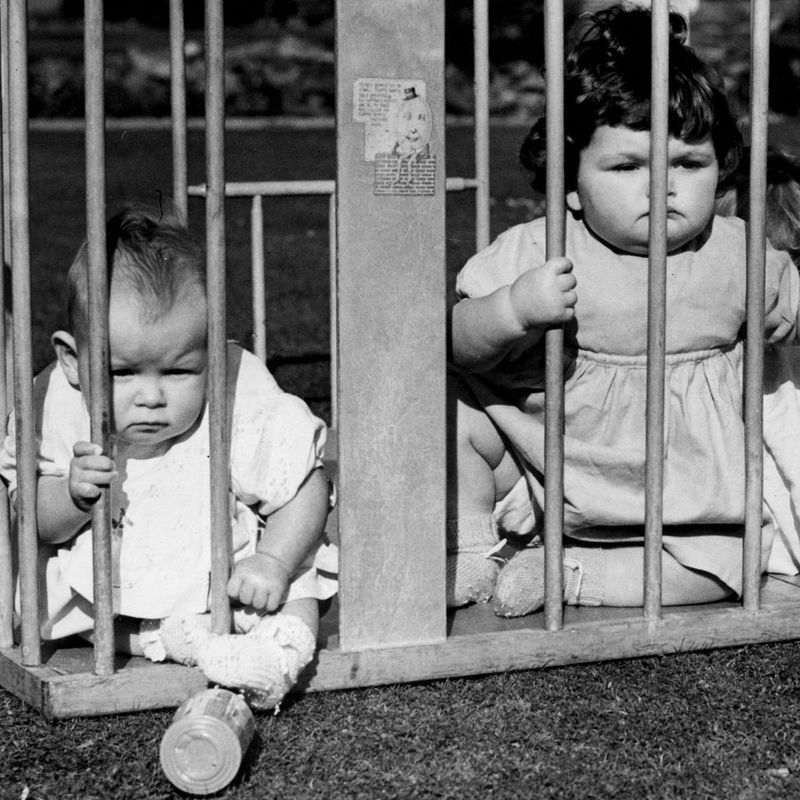
Parenting in the 1970s often involved a hands-on approach to discipline, emphasizing direct communication and practical consequences. Parents were more likely to use their voices to correct behavior, relying on stern but fair discussions to address issues.
Physical punishment was more accepted but was often balanced with a nurturing approach. The focus was on teaching children lessons through real-life experiences, instilling respect and responsibility. Today’s parenting often incorporates different strategies, like timeouts or positive reinforcement, reflecting a shift towards understanding the child’s perspective.
Latchkey Kids
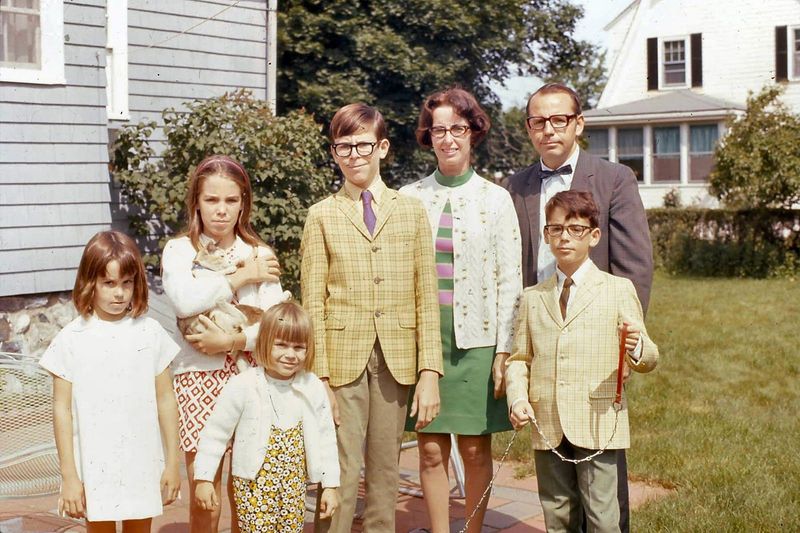
The term “latchkey kid” became popular in the 1970s, describing children who returned to an empty home after school while their parents were at work. This was a result of increasing dual-income households or single-parent families.
Children learned independence early, managing household tasks like making snacks and completing homework alone. This lifestyle fostered self-reliance and organizational skills. While modern parents often rely on after-school programs or caretakers, the ’70s approach provided children the freedom to manage their time and responsibilities, reflecting societal changes in family dynamics.
Community-Centric Parenting
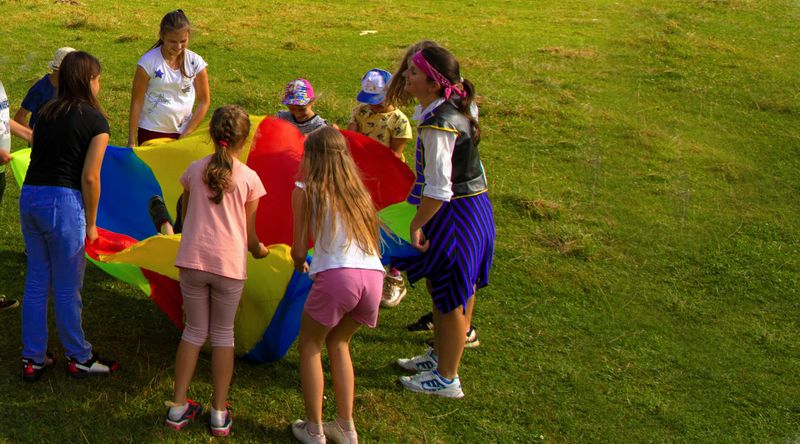
In the 1970s, communities played a vital role in parenting. Neighbors often acted as extended family, providing support and shared responsibilities for watching over children. Block parties and neighborhood gatherings were common, strengthening community bonds.
Parents relied on the trust and cooperation of their community to ensure their children’s safety and well-being. This sense of communal care created an environment where children could explore freely, knowing that many eyes were watching out for them. Today’s parenting, with an emphasis on privacy and individualism, contrasts with this collective approach.
Homemade Meals

Home-cooked meals were a staple of family life in the 1970s. Fast food and dining out were considered occasional treats rather than regular meals. Mothers, often staying at home, prepared meals from scratch, emphasizing nutrition and family time.
Dinner was a daily ritual where families gathered to discuss their day, reinforcing bonds and communication. This tradition fostered a sense of belonging and stability within the household. As convenience foods have become more prevalent, the practice of regular homemade meals has diminished, transforming the dining experience in many homes today.
Freedom to Roam

Children in the 1970s enjoyed significant freedom to roam their neighborhoods without close supervision. Riding bikes to friends’ houses or local parks was a daily activity, allowing children to explore and socialize independently.
This freedom encouraged physical activity and fostered a spirit of adventure, as children were responsible for navigating their surroundings. Parents trusted in the safety of their environment, which provided a sense of security to let kids wander. Today, concerns over safety and structured schedules limit such freedoms, altering how children experience and interact with their world.
Minimal Parental Involvement in Schoolwork
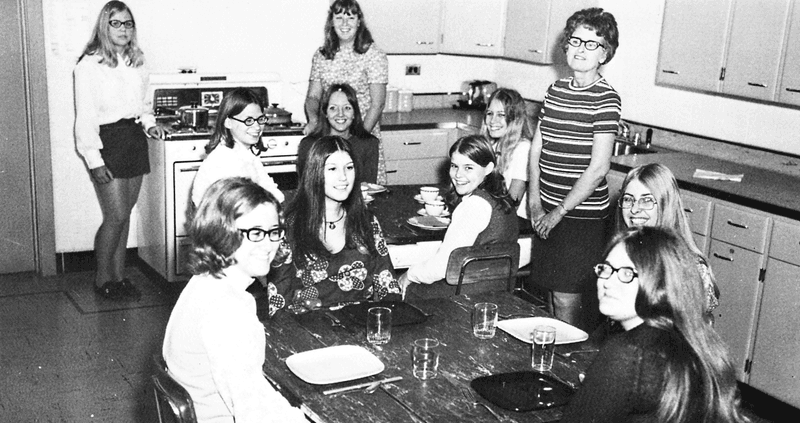
Parents in the 1970s were generally less involved in their children’s schoolwork compared to today. Children were expected to complete their homework independently, fostering self-discipline and responsibility from an early age.
This approach allowed children to develop problem-solving skills and time management as they navigated their academic responsibilities alone. While some parents provided guidance, the emphasis was on the child’s autonomy in their education. Today’s increased parental involvement in academics reflects changes in educational practices and societal expectations.
Less Focus on Extracurriculars
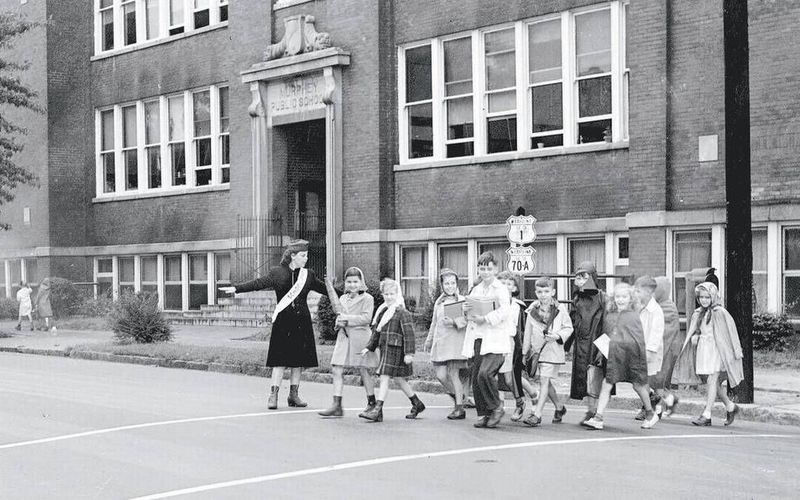
In the 1970s, there was less emphasis on structured extracurricular activities for children. Participation in sports or clubs was more casual, often driven by the child’s interest rather than parental pressure.
Parents encouraged kids to pursue hobbies organically, which allowed children to explore their passions without the constraints of competitive or scheduled commitments. This laid-back approach helped children develop interests at their own pace, contrasting with today’s structured and sometimes pressured extracurricular environments, where success and achievement are often prioritized.
Simple Birthday Parties

Birthday parties in the 1970s were simple yet joyful affairs. Celebrations were often held at home with homemade cakes, a few balloons, and traditional games. Parents focused on creating a fun, relaxed atmosphere rather than extravagant themes or entertainment.
This simplicity allowed children to enjoy the essence of celebration, fostering genuine enjoyment and social interaction. Parents managed the entire event, from preparation to activities, making the party a personal and intimate experience. This differs from today’s trend of hosting elaborate parties at specialized venues with hired entertainers.
No Safety Helmets
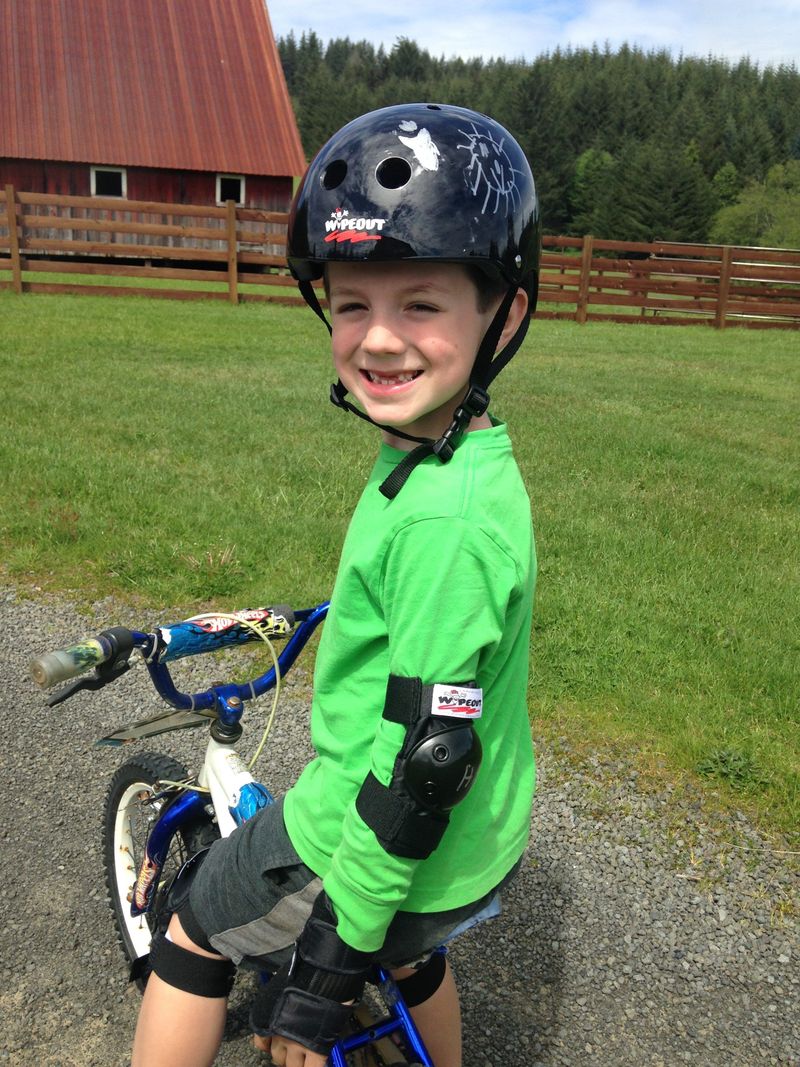
In the 1970s, safety helmets were rarely seen on children riding bicycles or skateboards. The concept of protective gear was not as prevalent, and kids often played with a sense of carefree adventure.
Parents were less focused on potential risks, trusting in their children’s ability to navigate challenges. This era fostered resilience and risk-taking, as children learned from experience and minor mishaps. Modern parenting places greater emphasis on safety, with protective gear becoming standard for various activities, representing a shift in attitudes towards risk and child safety.
Family Game Night
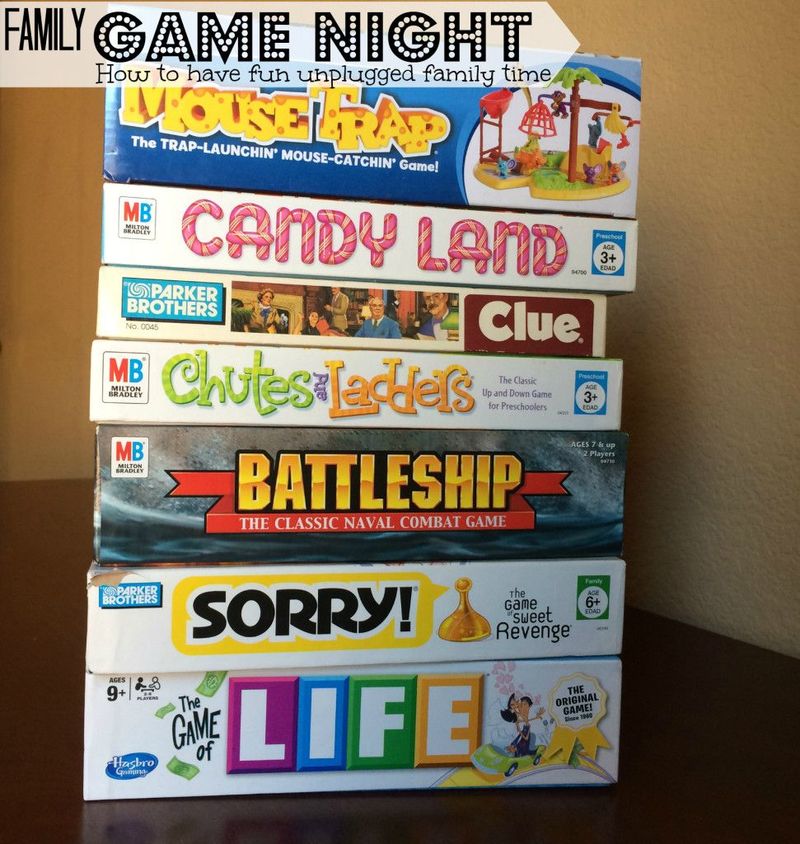
Family game nights were a cherished tradition in the 1970s, bringing families together around board games like Monopoly or Scrabble. These evenings fostered family bonding, communication, and friendly competition.
Without the distraction of digital devices, family members engaged fully with each other, enjoying shared laughter and strategy. This practice strengthened familial connections and created lasting memories. As digital entertainment options have expanded, such traditions have waned, but they remain a nostalgic reminder of the simpler, more connected times of the past.
Traditional Gender Roles
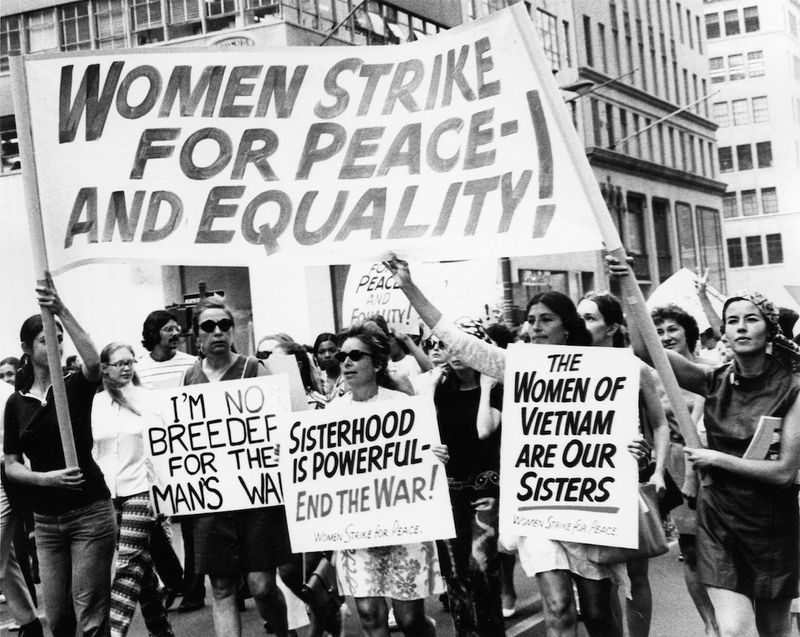
During the 1970s, traditional gender roles were more pronounced in family dynamics. Many households had a stay-at-home mother handling domestic responsibilities, while fathers were often the primary breadwinners.
These roles were socially accepted and influenced the way parenting duties were divided. While this model provided clear expectations, it also limited opportunities for both parents to engage in non-traditional roles. Over time, societal shifts have led to more diverse and shared responsibilities within families, reflecting evolving views on gender and parenting.
